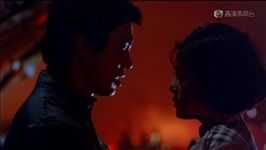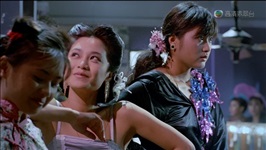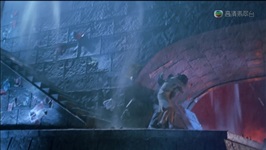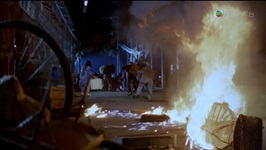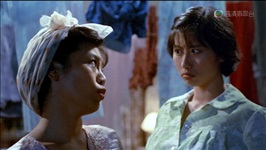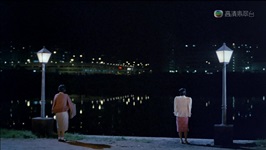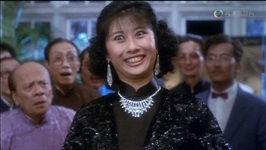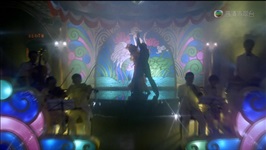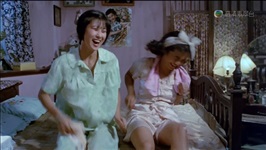Shanghai Blues (1984)
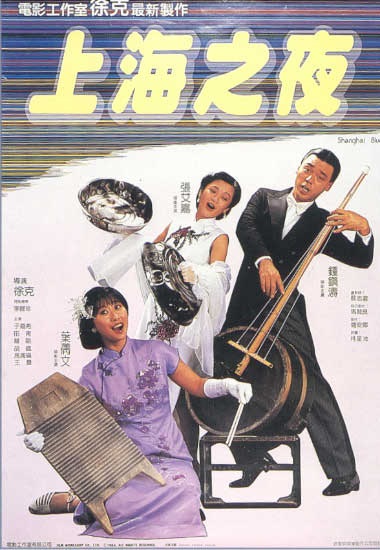
In 1937 the Japanese bomb Shanghai. Kenny Bee bumps into a girl in the chaos, and the two of them hide under a bridge in the dark, sharing a moment of powerful emotions. The next day he goes off to fight in the war, but after the war is won he returns to Shanghai to try and find the girl from the bridge... knowing neither her name nor really what she looks like.
Sally Yeh arrives in Shanghai looking for a better life, but almost immediately gets her money stolen. Sylvia Chang finds her, hungry and despondent, and offers her a place to stay.
In the early 80's Tsui Hark must have been a manic bundle of ideas, and SHANGHAI BLUES radiates with his creative energy. More than anything else, the film demonstrates just how much Tsui Hark loves the comedy of errors, as it is built around a series of crossed wires, misunderstandings and preposterous coincidences - with a sizeable dollop of slapstick humour.
SHANGHAI BLUES is mainly centred on its female cast members. Sally Yeh is the primary conduit for the film's goofiness and she is utterly adorable, in a way I've never really thought of her before. Sylvia Chang carries most of the film's darker side, and her subtle performance gives it a lot of its depth. Tsui Hark has said that working with Sylvia Chang was a big influence on how he perceived and portrayed female characters in his films.
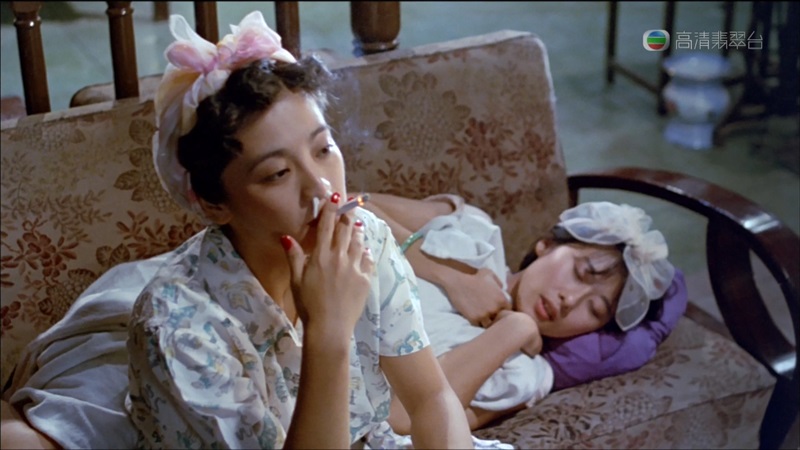
The film explores the turbulent lives of these two women in post-war Shanghai, where the bright lights and glamour, and the hope that comes with the end of a war, butt up against widespread poverty, crime and desperation. Kenny Bee is the moral heart of the film, a simple romantic who is kind and generous, and has never given up on finding that one special girl.
It's impossible to review SHANGHAI BLUES without mentioning Peking Opera Blues, another female-centric story set around the war that is more widely known - primarily due to people actually being able to watch it, I expect. The two films aren't directly related but do have a lot in common besides Sally Yeh, and chances are that if you like one you'll like the other.
Both are certainly beautiful looking films, and I was especially impressed with the camera work and the set design in this film.
Tsui Hark once said that of all the films he had made, SHANGHAI BLUES was his favourite. That has made it all the more frustrating that the film has been so difficult to see - it's taken me 20 years to track down a copy. That's a heavy weight of expectations for a film to live up to, and whilst I can't agree with the erstwhile director that this is his best work (The Blade or Zu: Warriors Of The Magic Mountain if you're asking) it's certainly a strong film that significantly expanded his range, and shows once again what a force to be reckoned with he was in the 1980's.
Cast
Crew
| Director | |
|---|---|
| Producer | |
| Editor | |
| Cinematographer | |
| Soundtrack |
